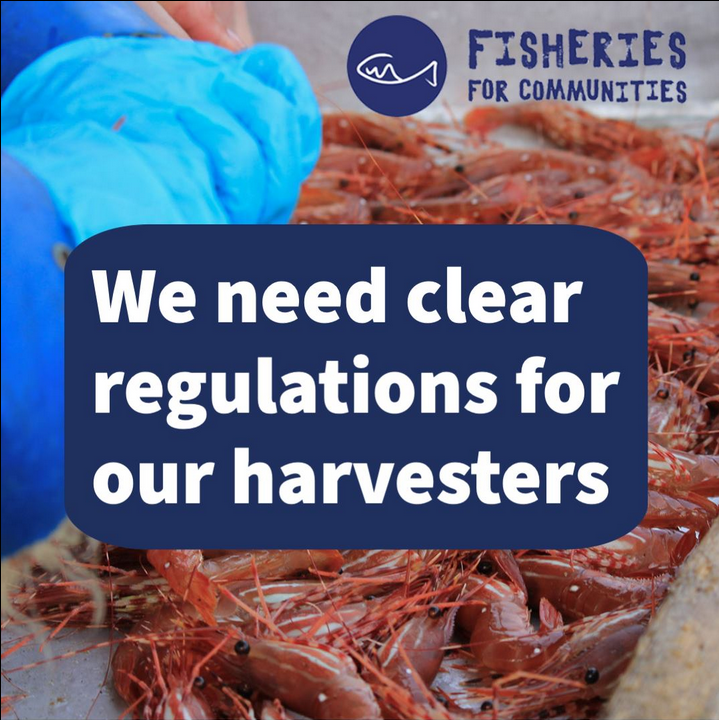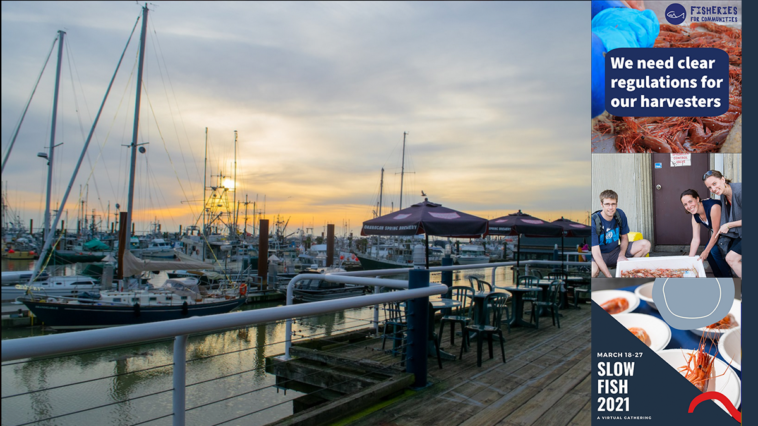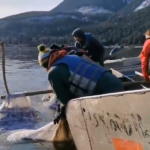The Department of Fisheries and Oceans (DFO) has temporarily backed down on a rule change to the spot prawn industry after intense opposition in B.C. But locals fear that the new rules could still come into effect and cause huge harm to their livelihoods.
“Harvesters and coastal communities have spoken up in support of the BC prawn fishery,” reads a recent Facebook post from the organization Fisheries for Communities. “But the 40+ year practice of freezing prawn tails in tubs, which allows for our beloved local markets to thrive, is still hanging in the balance.”

James Lawson, a commercial fisher from the Heiltsuk First Nation, told B.C. media outlet The Tyee that he thinks the fight against the DFO’s new rule isn’t over. “I think they’re just delaying the decision they want, so we’re not going to drop it,” said Lawson, who is president of the United Fishermen and Allied Workers’ Union.
At issue is a change of regulation that the DFO announced earlier this month. The new rule “would make frozen-at-sea tubs of spot prawns illegal effective immediately,” as CBC explains.
“For decades, the celebrated B.C. spot prawn harvest has relied on fishermen who freeze just-caught spot prawns in tubs of salt water — a practice called ‘tubbing’ — to preserve them for transport to local markets,” it reports. “But the new interpretation of the rule means all prawns have to be ‘readily available’ for measurement by on-board inspectors who enforce size limits. Previously, prawns were inspected as they were being sorted.”
Opponents of the rule change say that frozen prawns can be easily thawed with a deck hose. Making freezing prawns illegal could force some harvesters to buy new boats and equipment and seek new markets, they say, while driving many others out of business.
After a large outcry this past week, the DFO said it won’t be enforcing the rule this year, instead focusing on “outreach and education,” according to a statement.
But that’s not enough assurance, according to Courtenay-Alberni NDP MP Gord Johns. “They’re not saying they’re going to backtrack from their terrible decision,” he told The Tyee.
Fisheries for Communities wants the DFO to take the concerns of local harvesters and communities seriously in the weeks and months ahead. “We hope that the response from DFO indicates the beginning of a more positive and productive relationship built on consultation and transparent decision making,” it wrote.




